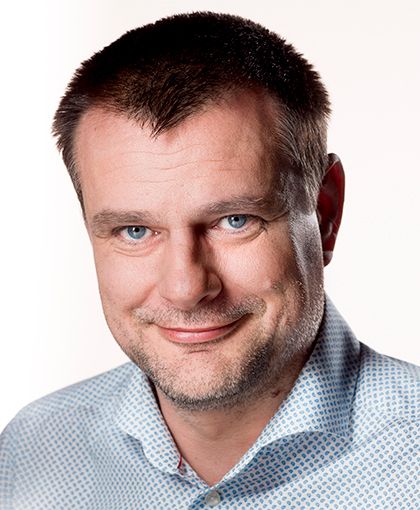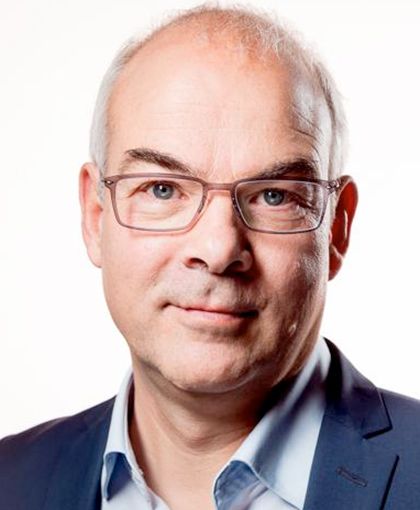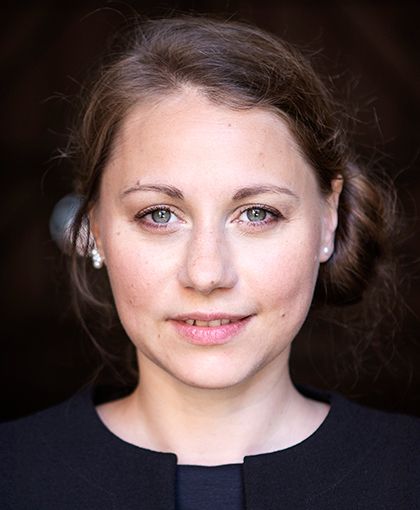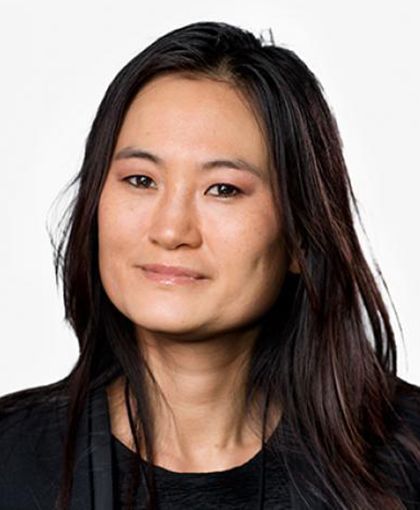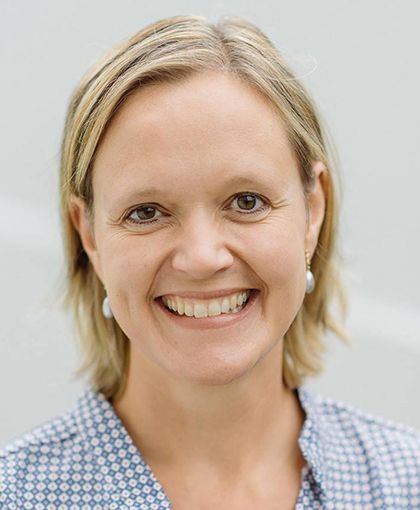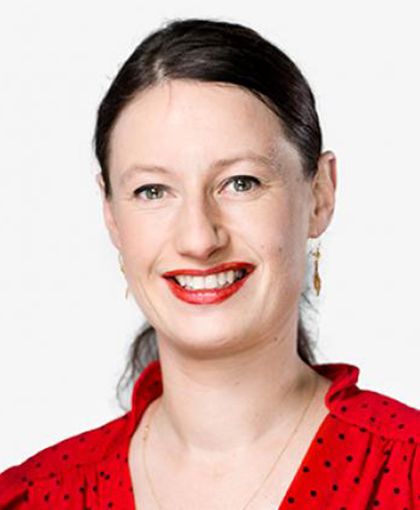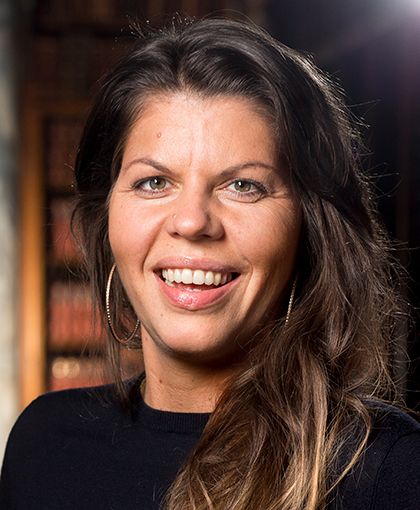This year, there are 273 candidates representing 27 parties campaigning for representation in Copenhagen Municipality this year – up from 251 candidates and 26 parties in 2017.
They are vying for 55 seats on the municipal city council, which will be allocated proportionally.
Pooling the votes
It’s an understandable consideration that your vote might be wasted on one of the small parties.
However, should the party not acquire enough votes to land a seat, this doesn’t matter, as the parties are grouped so the votes are pooled.
Sometimes though, this still isn’t enough, although your vote could theoretically have a bearing on who becomes mayor.
Three handy guides
Below, we have compiled a list of the 27 parties competing in Copenhagen, along with the major parties’ preferred candidates.
We have also made a list of the main alliances and overview of the policies of the biggest parties.
Candidate numbers
Copenhagen
Socialdemokratiet – 30 (Sophie Hæstorp Andersen)
Enhedslisten – 29 (Line Barfod)
Venstre – 26 (Cecilia Lonning-Skovgaard*)
Konservative – 26 (Jakob Næsager)
SF – 24 (Sisse Marie Welling*)
Radikale – 15 (Mia Nyegaard*)
Dansk Folkeparti – 10 m(Finn Rudaizky)
Nye Borgerlige – 10 (Niels Peder Ravn)
Alternativet – 9 (Franciska Rosenkilde*)
Kristendemokraterne – 8 (Jesper Housgaard)
Liberal Alliance – 7 (Ole Birk Olesen)
*current mayor
OTHERS:
Kærlighedspartiet – 19
Det kommunistiske parti – 12
Danmark for Alle – 10
Klimapartiet Momentum – 6
Veganerpartiet, Christiania-Listen, Frihedslisten, Kommunisterne – 5
Københavnerlisten – 3
Bæredygtigt Samfund, Det Demokratiske Parti – 2
Feministisk Initiativ, Rolig Revolution, Grøn Omstilling, Hampepartiet, Copenhagen – 1
Alliances
CENTRE LEFT: Socialdemokratiet, Radikale
LEFT: Enhedslisten, SF, Christianialisten, SF, Kommunisterne, Kommunistisk Parti, Rolig Revolution, Bæredygtigt Samfund
RIGHT: Venstre, Konservative, Liberal Alliance, Kristendemokraterne, Dansk Folkeparti, Venstre, Det Demokratiske Parti, Nye Borgelige
GREEN: Alternativet, Veganerpartiet, Grøn Omstilling, Klimapartiet Momentum,
NON-SERIOUS: Copenhagen, Kærlighedspartiet
Party Breakdown
LEFT:
Socialdemokratiet
More housing; more investment in education; radical green policies.
Enhedslisten
Tackling inequality, providing affordable housing, improving welfare; more coherence in the communities and local citizen initiatives; more climate-friendly public transport; more help for vulnerable residents.
Radikale
Equal opportunities for children, more daycare workers; legal cannabis pilot; more police on streets; faster business approval decisions; more help for foreign homeless; turn HC Andersen’s Boulevard into a tunnel.
SF
Improving air pollution, more pedestrianised streets, more nature; more affordable housing (particularly for students and the elderly); more support for kids, as well as marginalised and vulnerable residents
Alternativet
More spare time activities for kids; saturation of green policies in all other areas; less bureaucracy for business.
RIGHT:
Venstre
Lower taxes for individuals and businesses; improve public transport, extend the Metro, safety on bicycle paths, build the harbour tunnel; close down underperforming schools.
Konservative
Better infrastructure to say ahead of the population curve, more Metro lines, a harbour tunnel; a culture of contributing; easier and cheaper to start and run a business; involvement in embassies in caring for their homeless.
Liberal Alliance
Ensuring the city’s services actually work; less spending on frivolous ventures and consultants; increased support of marginalised people; less leniency for hardened criminals, more research into decriminalising drug use; tax cuts for businesses.
Dansk Folkeparti
Tackling gang crime, making the streets safe; more cultural opportunities; listening to the private sector; deporting foreign homeless; introduction of language test for foreigners to qualify to vote.
Nye Borgerlige
Wants to crack down hard on immigration and completely revoke the right of all internationals to vote. Pro business and decentralisation .
The magnificent seven
The political committees that enable Copenhagen Municipality to function
On Tuesday 16 November, 55 members will be elected onto the municipal city council (Københavns Borgerrepræsentationen) of Copenhagen Municipality.
But that is only half the fun, because of the ensuing fortnight, the parties with the most votes will be busy negotiating, sometimes bartering no doubt, to see who gets their hands on the lord mayor’s office and the six mayorships.
Or put it another way: the chair and the heads of the six different political committees. All seven are full-time positions.
Read on for an overview of how Copenhagen Municipality essentially works.
The mayor
Since the position was created in 1938, Copenhagen has only had Socialdemokratiet mayors – aside from an extremely brief interregnum period of two days in October 2004 when a member of SF held the post. Copenhagen’s current mayor is Lars Weiss, who replaced Frank Jensen last year following his resignation. Weiss, who is not running for mayor this time, is the chair of the city council and sets the agenda for the meetings. Weiss is additionally the head of the finance committee, the seventh political committee. He, along with six members of the city council and the six deputy mayors, decides the city’s budget and is in charge of the overall co-ordination of the city’s affairs.
Children and youth
Jesper Christensen from Socialdemokratiet is currently in charge. The committee is responsible for daycare institutions, special education institutions, primary and lower secondary schools, after-school centres and clubs within Copenhagen. With more than 17,000 employees under their auspices, the child and youth committee is the largest municipal department in the city of Copenhagen.
Health and care
As the mayor in charge of the health and care committee, Sisse Marie Welling (SF) focuses on what she considers as the two largest issues: public health and care for the elderly. The health and care committee’s responsibility is to ensure that Copenhagen’s residents have correct and proper healthcare.
Social services
The role of Mia Nyegaard (Radikale), the deputy mayor in charge of the social services committee, is to provide a platform where the social services committee can speak out on issues affecting the social welfare of Copenhagen. The committee provides a framework for policy development and is responsible for planning and providing a wide variety of social services.
Employment and integration
Cecilia Lonning-Skovgaard ( Venstre), the mayor in charge of the employment and integration committee, is responsible for increasing employment and promoting inclusion in Copenhagen. The employment and integration committee has an important job of helping to acclimate foreigners to the city by promoting respect for diversity and creating equal opportunities for all.
Technical and environmental
Nina Hedeager Olsen (Enhedslisten) is in charge of the technical and environmental committee. The committee’s responsibilities include roads, transportation, recreational areas, drinking water, waste, waste water management and more. This committee is important in a city that puts such a great emphasis on being environmentally friendly.
Culture and leisure
The culture and leisure committee is headed by Franciska Rosenkilde (Alternativet). The committee is responsible for libraries, cultural centres, museums, national archives and over 100 sports facilities, basically anything involving culture and leisure.



